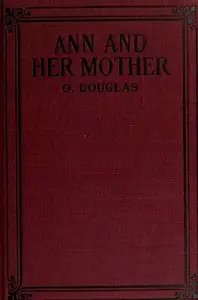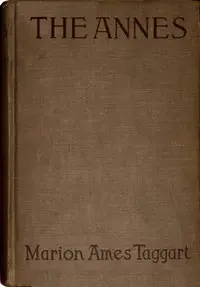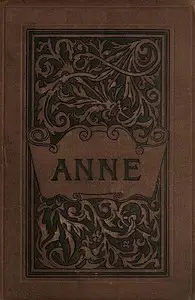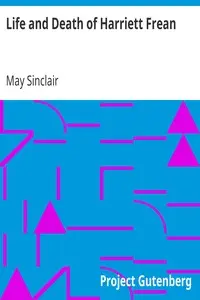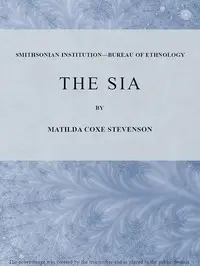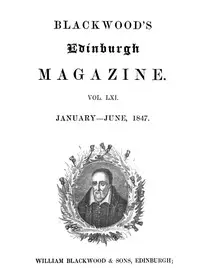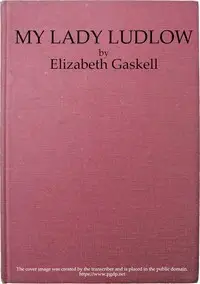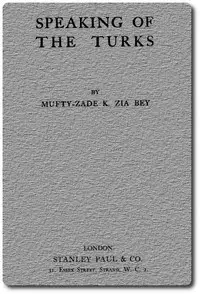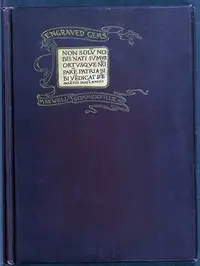"Anne Severn and the Fieldings" by May Sinclair is a story focused on Anne Severn as she seeks comfort with the Fielding family after facing a great loss, finding herself connecting very deeply with her childhood friend, Jerrold. The novel explores the emotional challenges of loss and the complexity of relationships, especially the important bonds of childhood, as Anne comes to terms with life after a painful event and tries to fit in with her father's new family. At the beginning, Anne arrives at the Fieldings' home, reeling from her mother's funeral, and hopes to find a sense of belonging, particularly with Jerrold, her childhood friend; their early days of innocence contrast the heavy feelings of grief. She remembers happier times, but the present is tinged with sadness, and a strong desire to reconnect with Jerrold is paused by social expectations, making her feel alone. As the story progresses, Anne comes to grips with her identity and the reality of her mother’s passing, all while navigating the family dynamics surrounding Jerrold, Colin, and their parents. The beginning chapters set a thoughtful emotional tone to establish Anne's sentiments and her relationships with those she’s now living with.
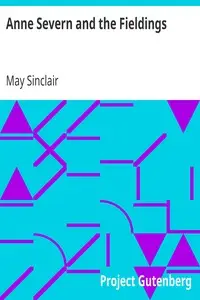
Anne Severn and the Fieldings
By May Sinclair
A young woman, grieving the loss of her mother, seeks solace with her childhood friend, only to find herself caught between memories of the past and the complicated reality of her new family.
Summary
About the AuthorMay Sinclair was the pseudonym of Mary Amelia St. Clair, a popular British writer who wrote about two dozen novels, short stories and poetry. She was an active suffragist, and member of the Woman Writers' Suffrage League. She once dressed up as a demure, rebel Jane Austen for a suffrage fundraising event. Sinclair was also a significant critic in the area of modernist poetry and prose, and she is attributed with first using the term 'stream of consciousness' in a literary context, when reviewing the first volumes of Dorothy Richardson's novel sequence Pilgrimage (1915–1967), in The Egoist, April 1918.
May Sinclair was the pseudonym of Mary Amelia St. Clair, a popular British writer who wrote about two dozen novels, short stories and poetry. She was an active suffragist, and member of the Woman Writers' Suffrage League. She once dressed up as a demure, rebel Jane Austen for a suffrage fundraising event. Sinclair was also a significant critic in the area of modernist poetry and prose, and she is attributed with first using the term 'stream of consciousness' in a literary context, when reviewing the first volumes of Dorothy Richardson's novel sequence Pilgrimage (1915–1967), in The Egoist, April 1918.


